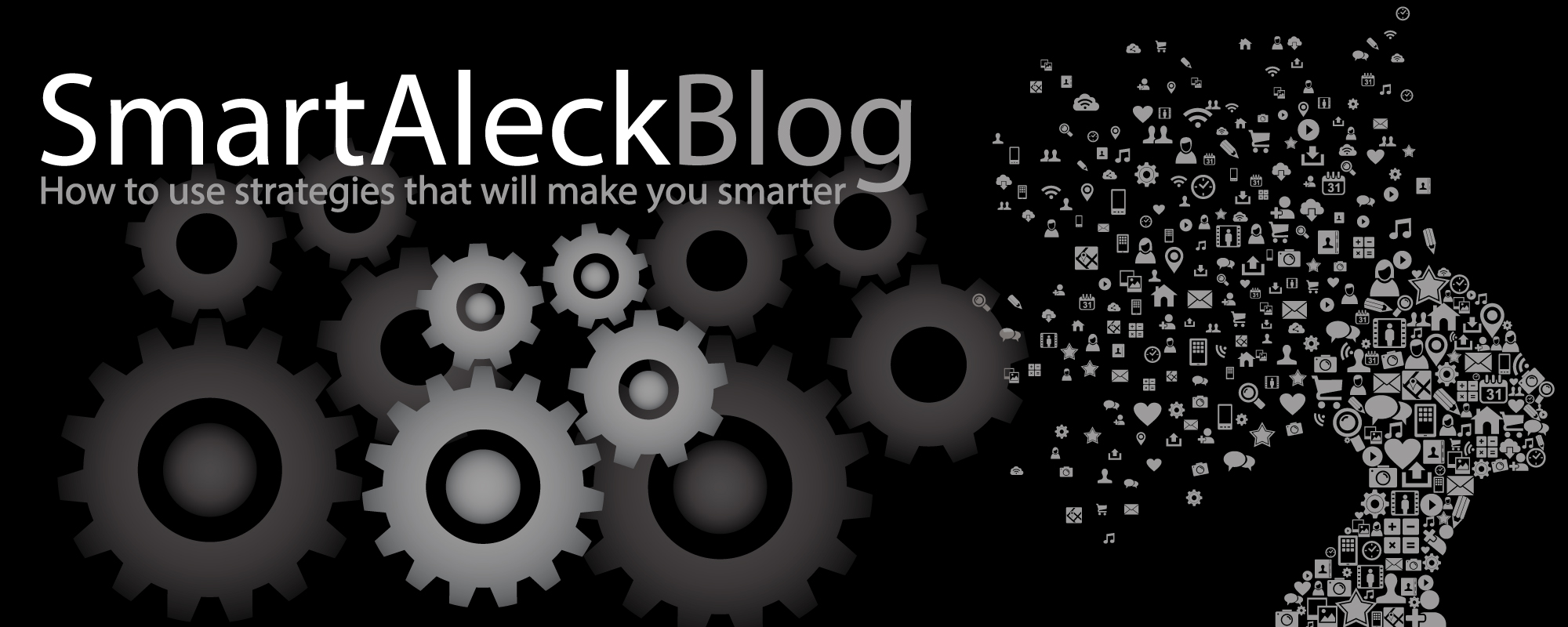
Developing critical thinking skills is essential because they are skills that we can use in all parts of our lives. Planning at work, negotiating with your teenage children, and choosing a new vehicle are all circumstances where critical thinking skills can influence your outcomes. Deciding on which political candidate to vote for involves a range of critical thinking skills to ensure a well-rounded and informed decision. I recommend evaluating the candidates’ policies, statements, and actions critically. Question the candidate’s assumptions, seek evidence, and consider different perspectives before making your decision. Here are some critical thinking skills required to select a political candidate.
- Analytical Thinking: Break down complex issues into smaller, understandable parts. Compare and contrast candidates’ platforms on various issues like the economy, healthcare, foreign policy, etc.
- Research Skills: Gather information from reliable sources. Look into candidates’ backgrounds, voting records, public statements, and endorsements.
- Decision-Making: Weigh the pros and cons of each candidate. Consider how their policies align with your values and the needs of the country.
- Problem-Solving: Identify the key issues facing the country and assess which candidate has the best plan to address them.
- Empathy: Understand the impact of candidates’ policies on different groups within the population. Consider the needs and perspectives of people from various backgrounds.
- Logical Reasoning: Make connections between the candidates’ proposed policies and their potential outcomes. Assess whether their arguments are sound and supported by evidence.
- Future Orientation: Consider the long-term implications of each candidate’s policies. Think about how their leadership might shape the country’s future.
- Ethical Reasoning: Evaluate the candidates’ character, integrity, and ethical standards. Consider the ethical implications of their policies and behavior.
- Open-Mindedness: Be willing to consider new information and alternative viewpoints. Avoid confirmation bias by actively seeking diverse opinions.
- Communication Skills: Engage in discussions with others to test your ideas and hear different perspectives. This can help refine your thinking and clarify your views.
By utilizing these critical thinking skills, you can make a more informed and thoughtful decision when choosing a political candidate who will represent your interests. This year, we need to address many important issues like abortion, immigration, health care, taxes, judges, the Supreme Court, artificial intelligence, fiscal policy, and inflation. Use your critical thinking skills to determine who will best represent you, your community, and our country.


 These principles have inspired people to believe in their own capabilities and accomplish great things through significant planning and effort. While Peale emphasizes numerous positive thinking principles in his writings. Three of Peale’s principles are certainly transparent in Trump’s bombast.They are:
These principles have inspired people to believe in their own capabilities and accomplish great things through significant planning and effort. While Peale emphasizes numerous positive thinking principles in his writings. Three of Peale’s principles are certainly transparent in Trump’s bombast.They are: